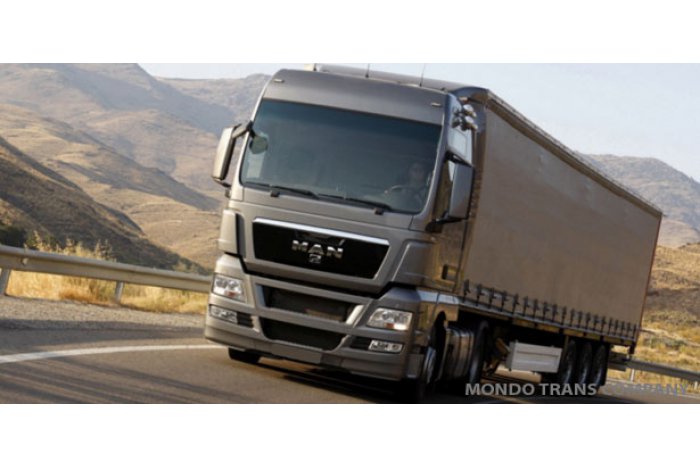Transport of goods between Moldova, Ukraine meeting EURO III norms to be liberalized
17:29 | 23.05.2018 Category: Economic
Chisinau, 23 May /MOLDPRES/ - The bilateral goods transports, as well as the transit ones which meet the EURO III standard between Moldova and Ukraine, will be liberalized. The protocol between the Moldovan and Ukrainian governments on international road communication, signed on 12 April 2018, was approved by the cabinet of ministers today.
According to the provisions of the concerned protocol, the transport of goods in bilateral and regime and in transit is carried out without authorizations for the vehicles meeting the EURO III norms.
Moldovan transport operators were annually facing a deficit of Ukrainian authorizations for carrying goods, in the conditions of a substantial flow of goods directed to the Eastern Europe. About 80 per cent of the transit transports is carried out on the territory of Ukraine. Thus, Moldovan companies had no possibility to fulfill their commitments, according to the contracts signed. In August 2016, the transit of Moldovan goods through the territory of Ukraine was ceased for a while because of the exhausting of the number of authorizations provided by Kiev.
For instance, for 2017, the quota of authorizations offered by Kiev was of 17,000 universal authorizations for EURO 0 lorries without the payment of road taxes, 5,000 for the same category of authorizations, but with the payment of road taxes, 8,000 universal authorizations for EURO II lorries, without payment of taxes and 10,000 with the payment of taxes. Also, 5,700 authorizations were released for the carriage of easily perishable goods or from third countries.
The Economics and Infrastructure Ministry also demanded three times additional quotas; as a result, the Ukrainian side accepted the release of another 10,000 additional authorizations.
The liberalization of the transport in bilateral regime and the transit one will allow enhancing the competitiveness of the road transport operators regionally and will lead to a more efficient use of permissive documents. At the same time, the transport operations will be simplified.
(Reporter V. Bercu, editor L. Alcaza)

